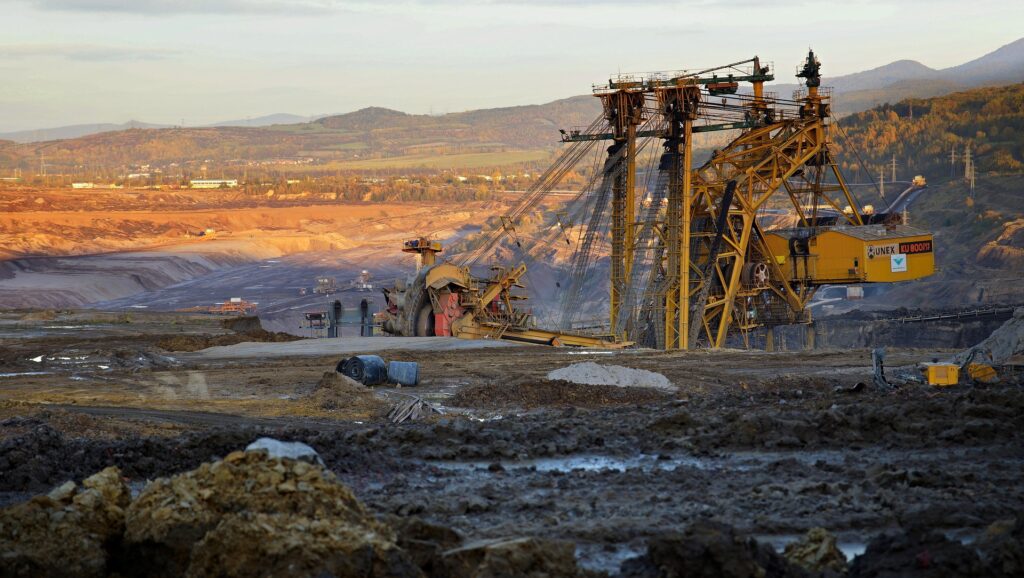Introduction
Energy resource extraction has become a crucial component of many government budgets around the world. As natural resources become more scarce, governments have turned to energy extraction as a way to fund public services and infrastructure projects. In this blog post, we will explore the role of energy resource extraction taxation in government budgets and how it impacts society.
Background
Energy resource extraction refers to the process of extracting raw materials such as oil, gas, minerals, and other natural resources from the earth’s surface. This process can have significant economic benefits for countries that possess these resources. However, it also comes with many environmental and social costs such as pollution, land degradation and displacement of indigenous communities.
To counterbalance these negative effects while still reaping its economic rewards ,governments impose taxes on companies who extract these energy sources which enables them generate additional revenue that is utilized towards social welfare schemes & infrastructural development .
The Role of Energy Resource Extraction Taxation in Government Budgets
Governments around the world use a variety of methods to generate revenue from energy resource extraction industries which include royalties , concession fees , production sharing agreements among others . One common method is through taxation by imposing duties on those companies engaged in their exploration & exploitation for commercial purposes
Energy resource taxation provides an opportunity for government revenues that are then directed towards public goods such as healthcare systems, education infrastructure or poverty alleviation programs. These funds are critical in facilitating sustainable development strategies within most countries.
Another benefit arising from this form of taxation lies in its ability to redistribute wealth; revenues generated can be channeled towards ensuring provision/ facilitation of basic needs like access clean water/ sanitation systems or building detailed road networks improving overall standard life across various low income communities
It’s worth noting however it’s important that taxes imposed remain reasonable ;imposing exorbitant levies could dissuade investors from exploring new opportunities ultimately leading into stifling growth hence governments should create regulations that will adequately balance revenue generation against industry growth
Challenges and Limitations
Whilst this type of taxation serves as a key means for generating revenue, it also comes with its own set of challenges. Perhaps the most significant challenge is that extractive industries can be highly volatile and subject to fluctuations in global energy prices. As such, government budgets that rely heavily on energy resource extraction taxes may face substantial risk if there is a sudden drop in commodity prices.
Furthermore, countries whose governments have weak regulatory frameworks may be faced with corrupt practices especially if companies are granted preferential treatment thereby resulting in inefficiencies within the energy sector . This ultimately leads to poor returns on investment hence translating into low yields for tax revenues generated .
Lastly, there have been increasing concerns over environmental impacts arising from resource extraction – funds collected through these taxes could end up being insufficient or misdirected towards addressing environmental issues caused by said extraction activities.
Conclusion
In conclusion, Energy Resource Extraction Taxation has become an important component of government budgets across the globe due to its ability to generate much needed revenue streams ensuring adequate infrastructure development within most regions. When implemented correctly ,revenues generated could enhance economic growth through provision social welfare schemes while ensuring sustainable developmental strategies are realised . However ,it is critical that relevant regulations are put in place ensure resources are properly managed without any compromising factors.. Ultimately striking a balance between generating sufficient revenues whilst fostering progressive industry growth should remain at forefront all stakeholder discussions








